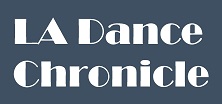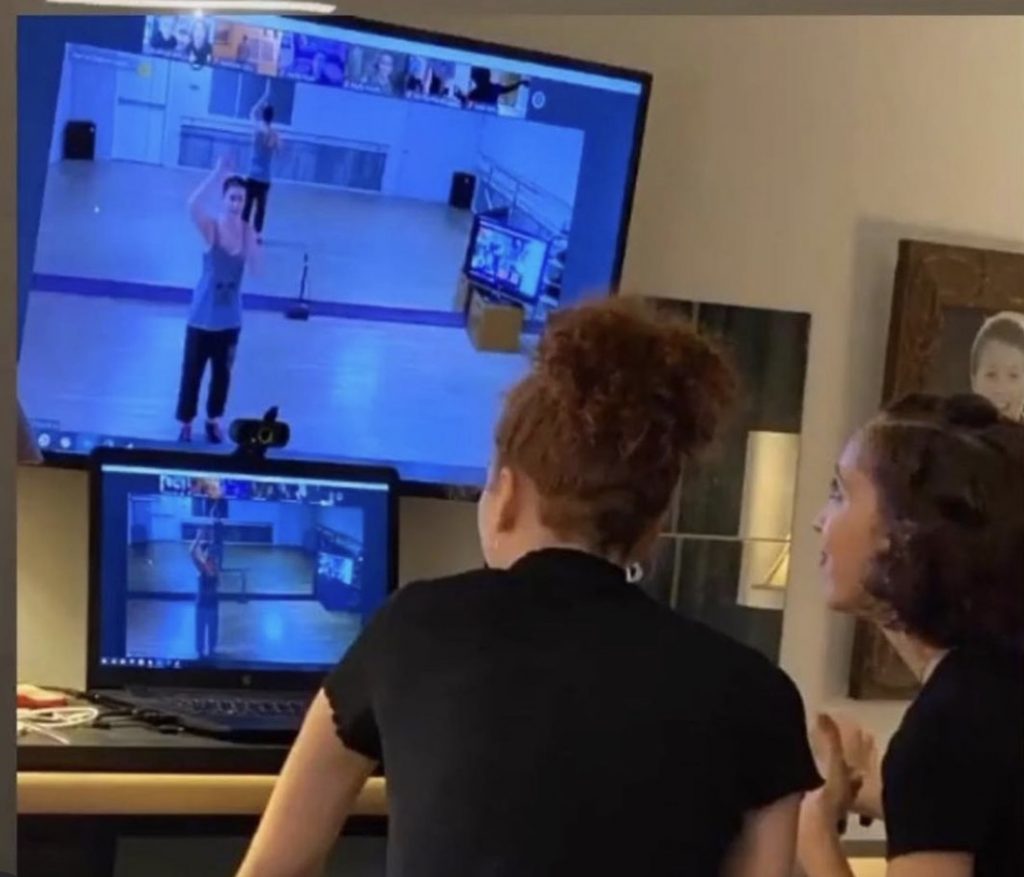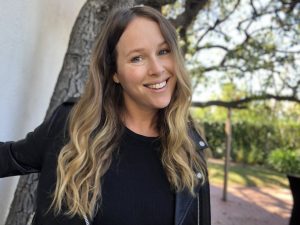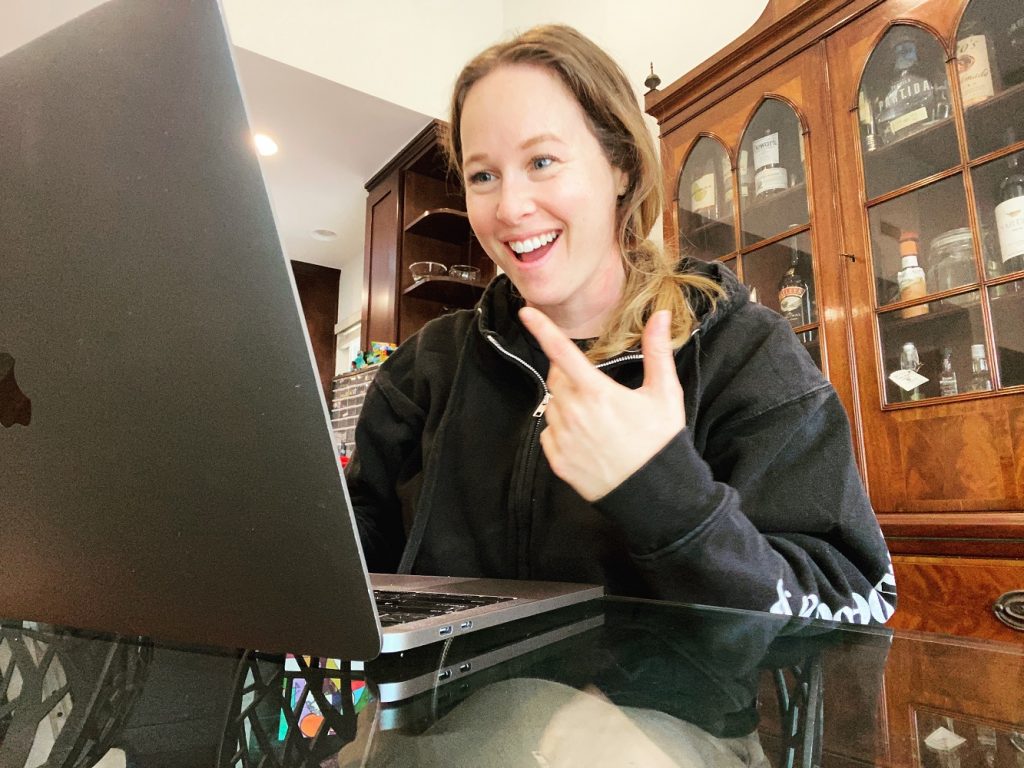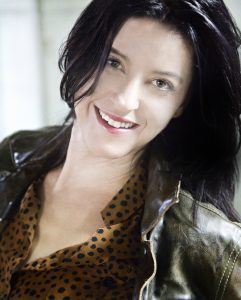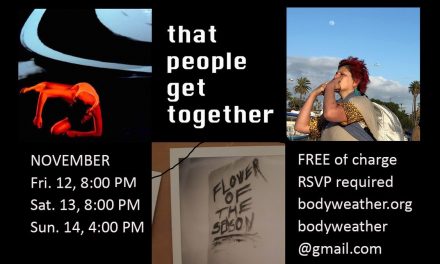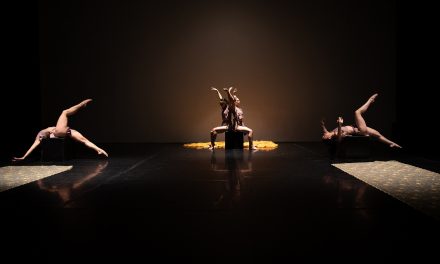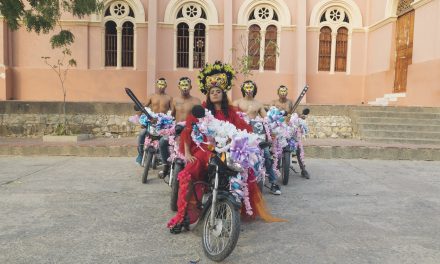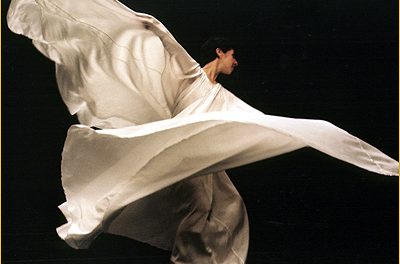Dance mentorship is as old as the industry itself. Illustrious artists have always taken promising younger, less experienced ones under their wings, created work on them, and relied upon them to carry their work forward. This has historically been the way to preserve a legacy. George Balanchine was famous for mentoring numerous dancers including Suzanne Farrell, Patricia McBride, Maria Tallchief and male dancers Jacques D’Amboise, Arthur Mitchell and Edward Villella. Bob Fosse had Ann Reinking, and Alvin Ailey had Judith Jamison. Each unique relationship led to the direct passage of teaching philosophy and choreography from one generation to the next. You can see the results of these mentorships in the current leadership and director placements of companies, in the continuity of Broadway shows and revivals, and in teaching institutions across the country.
In addition to the choreographer/dancer relationship, established dancers often serve as mentors to younger, less experienced dancers entering professional life. Misty Copeland is generous in her praise and gratitude for the dancers, particularly Raven Wilkinson, who mentored her as she reached for principal status at American Ballet Theater. Younger Black dancers such as new principal Calvin Royal III now look up to Copeland herself (as do young dancers all over the world). Dance companies have mentorship built into their company structures. Each year apprentices join the company and the more established dancers guide them through their first season.
These mentorships are all organic outgrowths of a teacher-student or creator-mover relationship. They are a vital part of the foundation of the dance industry and occur in every style and community in the dance world. Savion Glover credits Gregory Hines for mentoring him. Rennie Harris is legendary in the Hip Hop community for mentoring young dancers.
Dancers can also seek out mentors. Though sometimes these relationships evolve organically, through teaching and work situations, in a greater number of cases, the dancers hire mentors, similar to adding a coach or private teacher. For younger artists, especially those who don’t live in dance hubs like New York, Los Angeles or Chicago, there are numerous programs run by individual artists who, after building a reputation and body of work in the industry, are able to share their insight, experience and relationships. Some have grown out of the convention circuit, and some through other industry and teaching venues. The mentorship that is provided in these programs can serve as a bridge from student life to that of a professional, or particularly for younger dancers, from regional or recreational training to a professional track.
These new mentorship programs are a hybrid. They morph depending upon the mentor and the relationship. Some are similar to a managerial relationship; others more closely resemble private coaching. Two very different programs are highlighted below.
Justine Menter is a classic Los Angeles hyphenate, choreographer, dance educator, mentor, mom. She has worked with Kim Kardashian on Keeping Up the Kardashians, Paris Jackson, and on America’s Got Talent, LMFAO, CBS’ Life in Pieces, FOX’s LA to Vegas. Other collaborators and clients include Faith Hill, Manny Pacquaio, Sephora, The View and LA Fashion Week. She has been teaching for many years and is on the faculty at AMDA-LA and Soul de Soul Dance Convention.
Menter founded MNTR MGMT with the specific goal of supporting dancers in today’s digital world while also building accountability, relationship, and professionalism. She wanted to create something in between a manager and a coach, focusing on creating professional growth. She has three levels of programming and the names are illustrative of the goals of the program: Empower, Recharge, and Audit. The Empower is a hybrid course, combining group study with individual coaching. The Recharge is a targeted one-on-one three session package and the Audit is a low key way to start out. A dancer can get feedback on an agent submission package or an audition. Menter focuses on artists who are not ready for a full management team but are ready to up their game, wherever they are in their career. She also uses her social media platform to educate and support dancers. She gives master classes, posts helpful information to Instagram, and is a frequent podcast guest.
While the program is set in terms of pricing and format, it is easily customizable to the goals of each dancer. Menter works with dancers in a broad range of professional development, from high school dancers to young professionals ready to add or change their agent, make a move or increase their visibility in the industry.
Michelle Elkin’s resumé, if typed out, could wrap around a person like a blanket! She started working professionally at the tender age of eight when she was cast as the tiniest orphan in the movie version of the Broadway musical Annie. Since then, she has appeared in numerous television shows and films while also building an impressive theater resumé. Her list of choreography credits is equally as expansive, including television, film, and theater on both coasts. Starting in the industry so young gave her a unique perspective on the relationships needed to forge a successful career. She credits the established dancers with whom she worked as her first mentors, thanking them for pointing her towards professional training programs and classes. Dancing with the pros at Debbie Reynolds’ Dance, Elkin started to work with choreographers Marguerite Derricks and Joe Malone, who became and remain professional guides, helping her form her identity as an artist, creator and educator. Both are industry stalwarts and brought her on as a dancer and assistant choreographer on numerous productions. Elkin started gaining responsibility in her early teens and credits these mentors for guiding her career, teaching her not only dance and choreography but also what is required of a stage manager, lighting designer, and producer. She learned all of this the traditional way, by working with really talented people and soaking up all that they had to offer. She discovered that she loved teaching as a sixteen year old and has built that part of her career with equal intensity and focus, building upon the greats that came before her. She is currently on faculty at AMDA-LA and The Performing Arts Center. She also guest teaches around the country and with her own in-studio intensive company, Next Gen Artists.
Elkin’s individualized mentoring program grew out of her work with Next Gen Artists. Rather than a traditional convention, which focuses on competition, Next Gen goes into private studios for weekend intensives focused is on training. When the COVID pandemic hit, the in-studio intensives came to a halt, but Elkin wanted to give dancers a way to continue to focus on building their relationships and commitment to dance. She started with one young dancer but has built up quite a following. Programs are completely individualized to each individual dancer, focusing on personal goals, dance history and research, contracts and union information and on how to gain and utilize experience in the real world. Each session is 90 minutes long and can also include coaching for auditions and private dance classes. There is no limit to meetings. A specialty is preparing dancers to level up, a move to New York, Los Angeles or Chicago or from a small recreational studio to a professional training program.
These are just two of the numerous programs available to dancers. While the COVID-19 pandemic has been devastating in a multitude of ways to the dance community, there have been many advances in communication, new methods of connection and a network of creators across the country and the world that have come together to support each other. Dancers have the opportunity to study with educators and artists who may previously have been out of reach, via social media, online classes and these amazing mentorship opportunities. As we move forward, LA Dance Chronicle will continue to illuminate this burgeoning field to help our community continue to grow.
*disclaimer: the author also teaches at AMDA-LA.
Written by Nancy Dobbs Owen for LA Dance Chronicle.
Featured image: Michelle Elkin (Right) coaching mentee on Zoom – Photo courtesy of the artist
